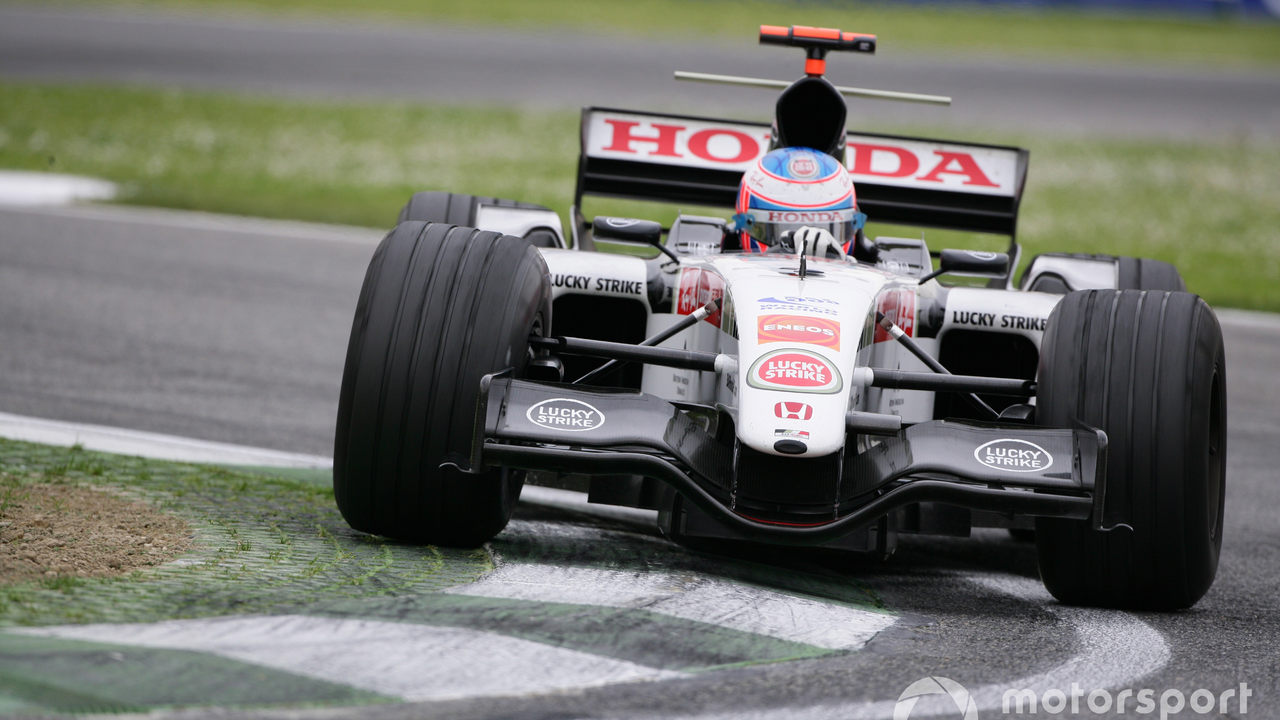Financial Considerations: How Money Impacts Sports and Racing
Ever wondered why a football club snaps up a player for millions while another watches from the sidelines? Or why a racing team spends a fortune on safety upgrades? The answer is simple – money decides a lot of what we see on the field or the track. In this guide we break down the biggest cash‑related factors that affect today’s sports stories.
Transfer Fees and Sell‑On Clauses
Take the recent saga around Carlos Baleba. Brighton holds a 15% sell‑on clause that belongs to Lille. That means if Manchester United wants the midfielder, they’d have to add 15% of the future sale price to the bill. The clause pushes the asking price up, making United’s offer trickier. It’s a classic example of how clubs protect their investment and how a single clause can shape a whole transfer market.
Sell‑on clauses aren’t just football talk. In motorsports, a driver’s contract may include performance bonuses that kick in when a team wins a championship. Those bonuses can run into six‑figures, influencing whether a driver stays or jumps to a rival squad. The financial side often dictates the moves you see on headlines.
Betting Lines and Event Costs
Money also drives the excitement before a game. The Bills vs. Ravens Sunday Night Football opener saw the betting line flip from Bills -1.5 to Ravens -1.5. That shift reflected where the smart money was heading, and it gave fans a quick snapshot of how analysts weighed recent form, injuries, and even weather. Betting odds are a live financial metric that reacts to every new piece of information.
Rally racing shows a different financial angle. Organisers spend millions on safety crews, course preparation, and insurance. Drivers, too, shoulder high personal costs – everything from custom‑built cars to travel logistics. Those expenses shape who can compete and how often events are held. The risk of an accident adds an extra hidden cost: potential medical bills and sponsor fallout.
Even in NASCAR, fans hear talk about “rubbing” – cars making contact on the track. While it creates drama, teams calculate the risk of damage versus the chance of gaining track position. A single crash can cost a crew tens of thousands in repairs, so drivers and crew chiefs make split‑second financial decisions during a race.
All these examples share a common thread: financial considerations are woven into the strategy, the headlines, and the everyday decisions of athletes, clubs, and fans. Understanding the money side gives you a clearer picture of why a deal falls through, why a line moves, or why a race feels more intense than ever.
If you follow the sport for the love of the game, you’ll start spotting these patterns quickly. Look for clauses in contracts, watch how odds shift after injury news, and notice when a team invests heavily in new tech. Those clues tell you who’s serious, who’s cautious, and who’s simply playing the numbers.
So next time you hear about a transfer saga, a betting upset, or a costly safety upgrade, remember: behind every headline is a financial story shaping the action you love to watch.
Motorsports Analysis

Why doesn't BMW compete in F1?
Hey there speedsters! Ever wondered why our flashy friend BMW doesn't strut its stuff in F1? Well, it's a mix of strategy and some serious moolah matters. BMW, like the cool kid in school, prefers to march to its own beat, focusing on its core business and consumer market rather than the pricey playfield of F1. Plus, their involvement in other motorsports like DTM and Formula E is where they believe they can have more fun and make a bigger impact. Talk about keeping your eyes on your own paper, huh? Don't worry though, BMW still knows how to put the "vroom" in your ride!